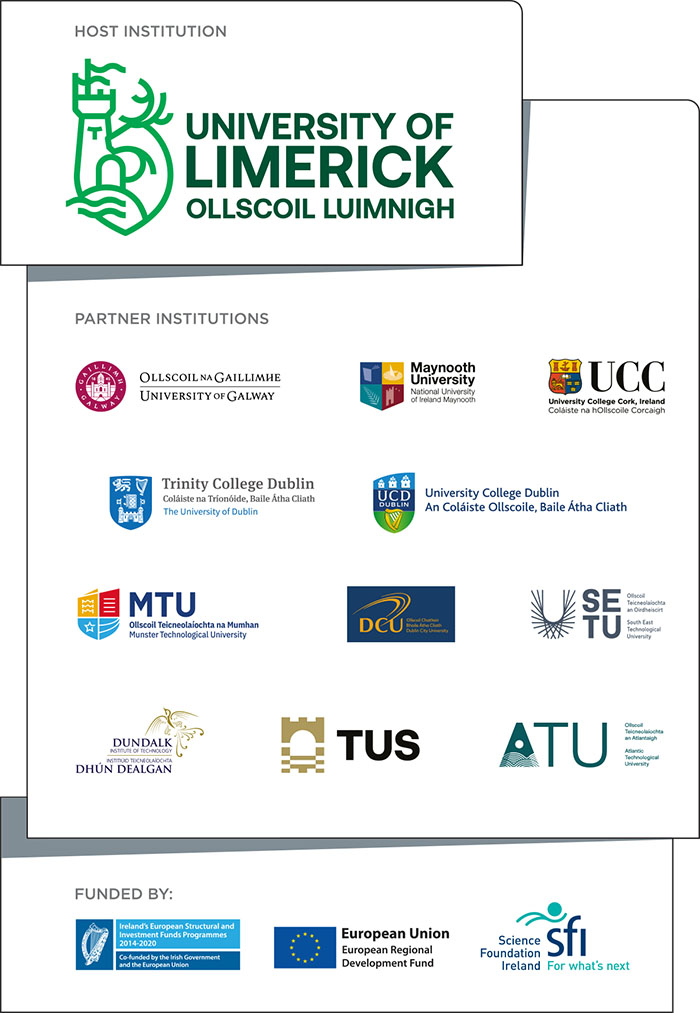Electoral fickleness in liquid modernity.
You are here
Opinion: Change melts political loyalties so parties such as Sinn Féin can only, strategically, aim to generate temporary commonalities.
Published by Village Magazine, on Sunday, 16 Feb, 2020
"The old guard can have yesterday", tweeted Sinn Féin the day before the general election. “Tomorrow is ours. Vote for change. Vote for Unity”. On that particular morrow sufficient votes were returned to push a post-election narrative that is now centred on political, social and economic change. As for the place of unity, it remains to be seen.
Consciously or unconsciously, change is something that we have been prioritising, individually and collectively, for quite some time. Consider the perspective on change afforded Irish citizens currently in their seventies or above: in 1945 two out of three Irish homes did not have electricity or a piped water supply; in the 1946 census 94.3% of citizens in the Republic identified as Roman Catholic, while 97.8% of the 32-county population had been born on the island of Ireland; in 1949 a woman from County Laois was sentenced to death (subsequently commuted to life imprisonment) for poisoning her brother with strychnine – in 1949 this was Ireland’s solitary murder.
The profundity of change that has been implemented and absorbed within living memory sees a twenty-first century Ireland where the private car, mobile phones and the internet are now effectively ubiquitous; where divorce, same-sex marriage and abortion have been legalised; where kids don’t know how to run or play spontaneously, where, perhaps, the public are being desensitised to violent crime; where the country’s extensive network of water pipes is falling to pieces, in a home to the most dynamic global ‘tech’ companies, one of the richest countries in the world.
Read the full article by Ronan Doyle here.




